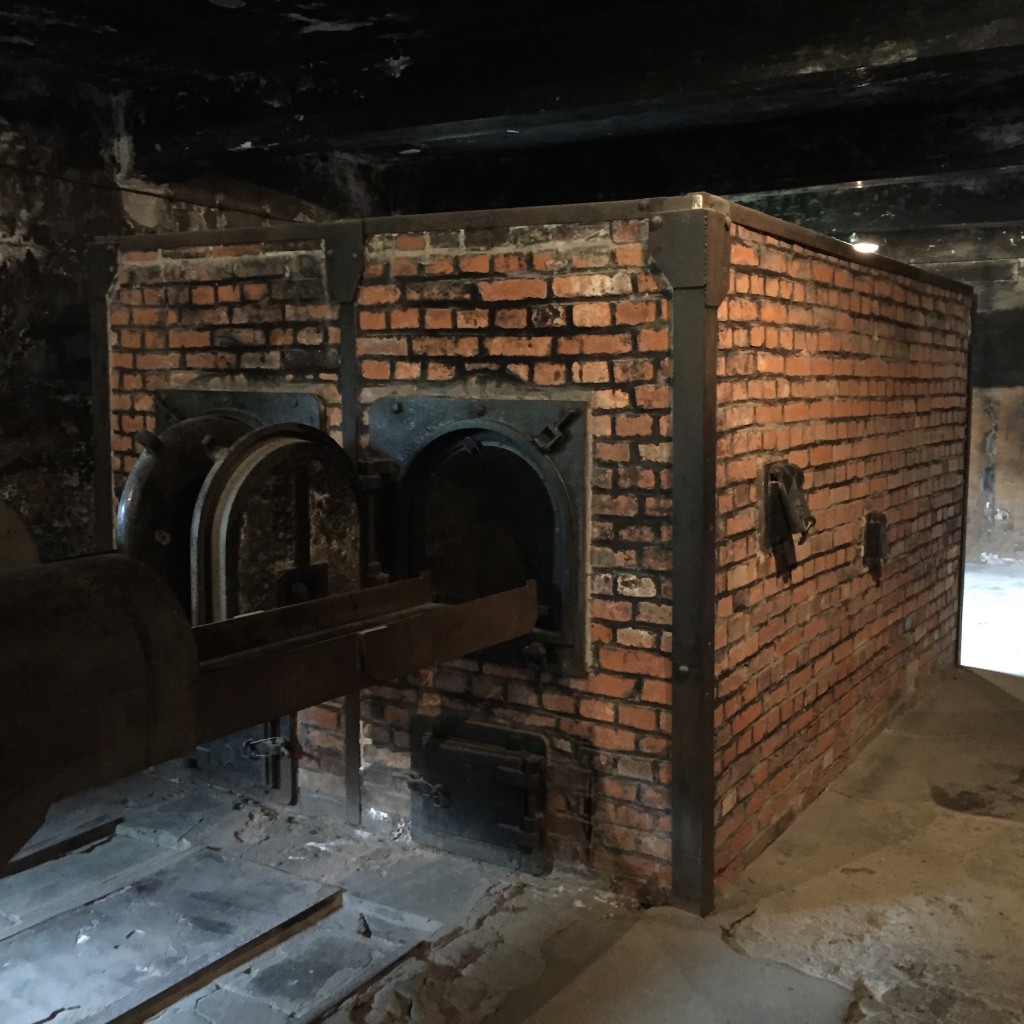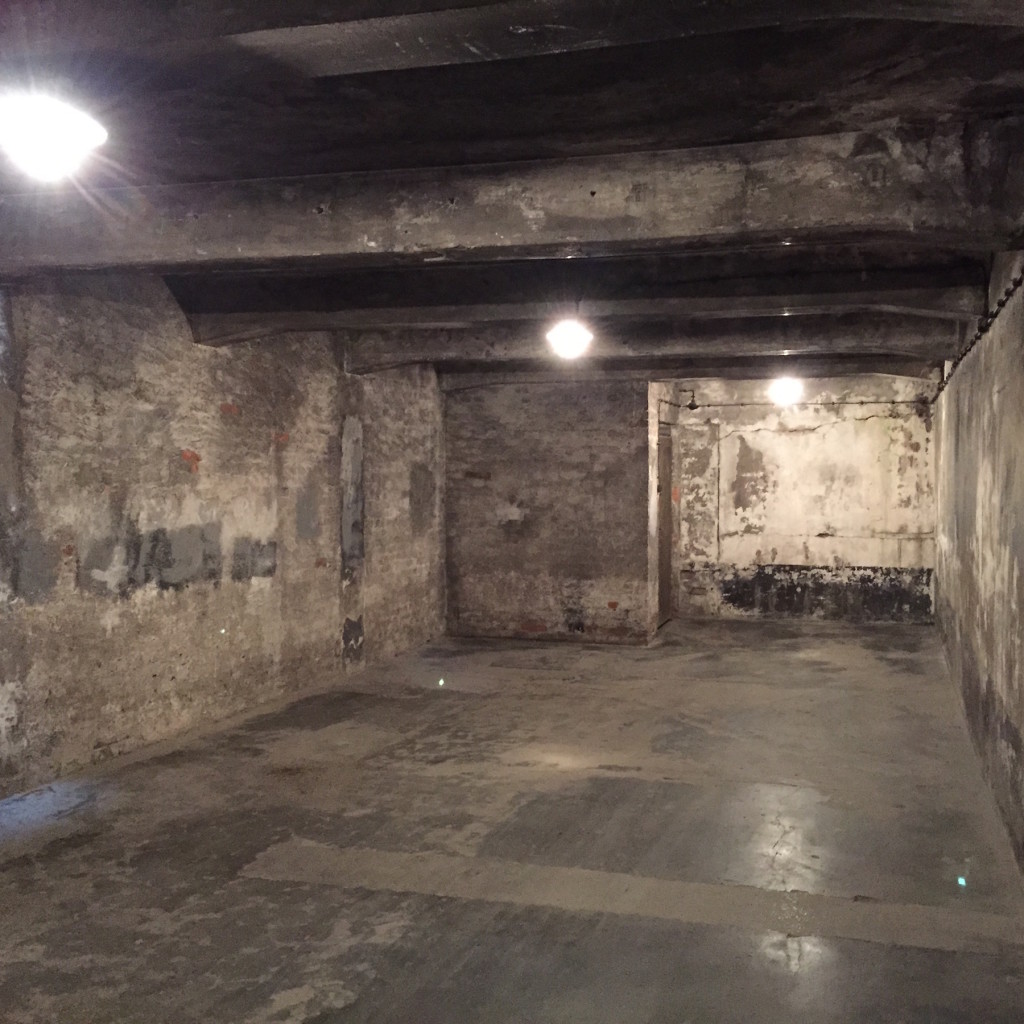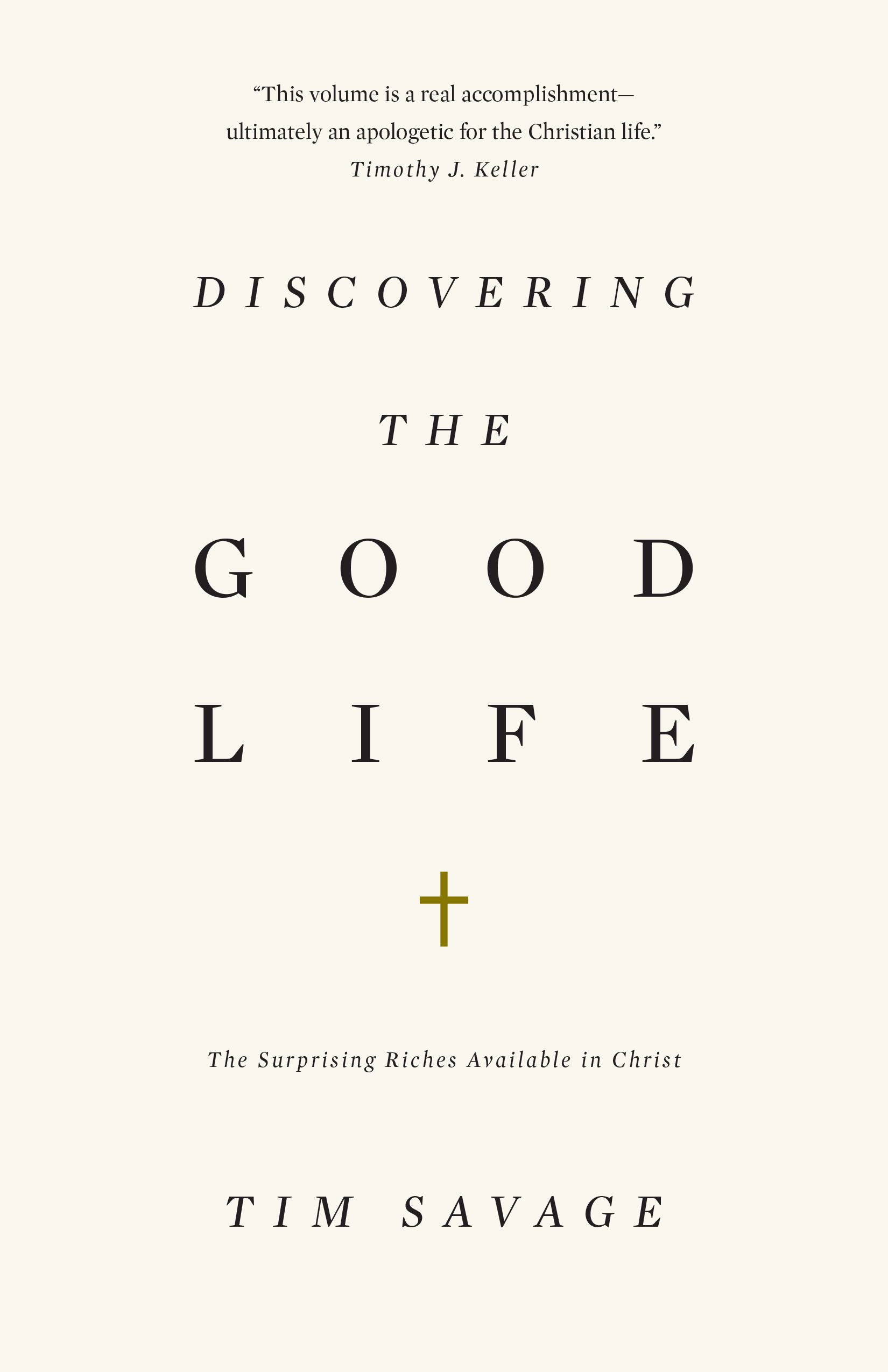Tokens of Love and Gratitude to Christ | Part 10
The World Slowly Being Transformed Into a Wilderness
Originally posted on www.camelbackbible.com.
As seen by the eyes of a child, and posted by the Dutch government in the barrack at Auschwitz commemorating the Roma – Gypsies – expelled by Germany from the Netherlands, comes this moving account:
‘I was nine years old in 1944. I lived in a small caravan with my mamma, my brothers Carlo and Besso and my baby sister Kriepela. My father had already been taken away by the Nazis. We had no idea where or why and he had been gone for over a year.
We were all inside when there was a knock on the door. Mamma had just started breastfeeding Kriepela. Calo opened the door and there were three men in uniforms. Mamma got up and asked what they wanted. One of the men took our baby from mamma and threw it in a corner as if it was a bundle of rags. “Come outside, quickly,” he ordered. We had to take all our valuables, some money and obviously our gold.
They grabbed mamma, who had picked up Kriepela, and dragged her out of the caravan. And God, I will never forgive them, they wouldn’t let us take the baby. We were taken to the police station and registered. There were already some Sinti (Gypsies) there. Mamma told them about Kriepela and a plan was hatched to get her. A few men collected money and jewelry and offered it to a policeman. The policeman then said Calo could go and fetch Kriepela, but that he had to be back before morning.

Crematorium
When we woke up the next morning, we were told to go outside and wait. When we had to board the train that was to take us to Westerbork (a transit camp in the Netherlands from which Jews and Roma were shipped to death camps such as Auschwitz), we heard Calo calling out to us. He didn’t have Kriepela with him. He had found a note saying an aunt had taken her and that she was in hiding with good Dutch people.
Once in Westerbork, the women and men were separated and mamma was ordered to sit down. A woman stood behind her who wanted to cut mamma’s hair. I attacked the woman and shouted every swearword I knew in Romany and screamed and kicked. Then everything went black. When I recovered, my mamma and brothers were sitting beside me. We all had to get into the train wagon. The train was packed with people and the doors were bolted from the outside. I don’t remember much about the journey. It was hot and stuffy and we were hungry and thirsty.
We arrived in the dark. The men and women were separated again and Besso screamed for his mamma. Calo took him into his arms and joined the queue. We were forced into a wooden barrack. It was heartbreaking.
That was the last evening I spent with mamma. The next day, we were forced to board a truck. Calo was there too, but my little brother Besso was not. The adults were allowed to wave us goodbye. In her desperation to give us something, my mamma took off her socks and gave us one each. A Nazi who saw her do this hit my mamma in the back with his rifle. She fell over, oh dear God, why, why? And then he kicked her in the head.
Then the truck began to move and all the children were screaming. Some children even climbed out of the truck and they were shot just like that. We saw our mamma just lying there in the sand. That picture is still with me to this very day. Each of us with a sock in our hands. That was all we had left of our mother.

Gas Chamber
Calo and I and three other children were left behind in a village with a family that made us work on chopped down trees to make railway sleepers, for 12 to 14 hours a day. They treated us like animals. We were beaten out of bed every morning and forced to attend roll call. Calo and two other boys couldn’t take it anymore and escaped. But they didn’t get very far.
My sister Kriepela and I are the only ones left in our family. Mamma threw herself against the electric wires in Auschwitz together with my brother Besso. My brother Calo died in the gas chamber in Birkenau on the night of 2 or 3 August 1944 and my father died in Sachsenhausen.’
From the diary of Dutch resistance fighter Ann Frank, 15 July 1944:
‘I see the world being slowly transformed into a wilderness, I hear the approaching thunder that, one day, will destroy us, too, I feel the suffering of millions.’
From the penultimate verse of the Bible:
‘Come, Lord Jesus!’
Blessings in Christ,
Pastor Tim
Read more posts in the series:
- Tokens of Love and Gratitude to Christ | Part 1
- Tokens of Love | Part 2: History of Poland
- Tokens of Love | Part 3: Through Our Suffering, God Can Work Mightily
- Tokens of Love | Part 4: Freedom in Jesus Christ
- Tokens of Love | Part 5: Poland’s Favorite Sons
- Tokens of Love | Part 6: Peace and Freedom
- Tokens of Love | Part 7: Assurance of Eternal Life
- Tokens of Love | Part 8: Exploring Krakow
- Tokens of Love | Part 9: From Artistry to Depravity
- Tokens of Love | Part 11: New Life in Christ
- Tokens of Love | Part 12: Reaching Gypsies
- Tokens of Love | Part 13: Grieving the Empty Seats
- Tokens of Love | Part 14: The Greatest Work of All
- Tokens of Love | Part 15: The Kingdom Plans of the Lord
- Tokens of Love | Part 16: Until We Dance at the Foot of God’s Throne
- Tokens of Love | Part 17: Fullness of Life


Add your voice to the conversation: